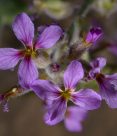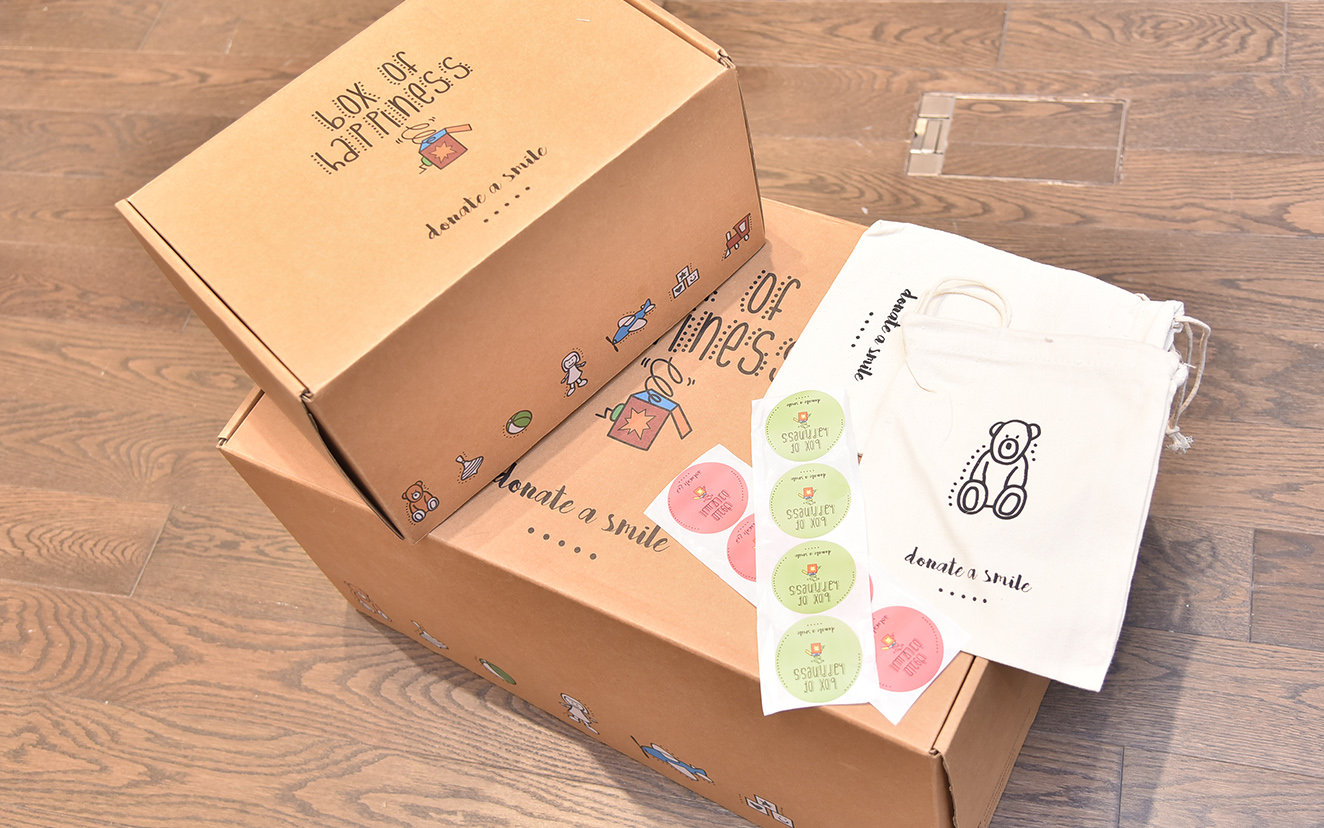May 2019
Fatima Saleh Al-Khulaifi, Manager of Qur’anic Botanic Garden
The Qur’anic Botanic Garden at Qatar Foundation exhibits and conserves the plants mentioned in the Holy Qur’an, as well as rare flora native to Qatar.
Q Life spoke with Fatima Saleh Al-Khulaifi, Manager of Qur’anic Botanic Garden (QBG), to understand the roles QBG fulfils in the community and the garden’s ambitions for the future.
What was the inspiration behind establishing the Qur’anic Botanic Garden?
QBG is both a garden and a centre of excellence for knowledge, education and research, inspiring appreciation of nature and fostering responsibility for our environment.
The garden was established to promote understanding of the plants, botanic terms and conservation principles mentioned in the Holy Qur’an, Hadith and Sunnah. We work towards this goal by applying scientific innovations, building appreciation of cultural traditions and providing unique opportunities for learning.

Tell us more about the educational, environmental and cultural roles that the QBG plays in the community?
QBG plays five roles in the community, covering the environment, education, science, culture and recreation.
The garden first and foremost aims to maintain and preserve the diversity of plants collected from different regions of the world against dangers or threats.
QBG’s programme for schools provides information on plants, horticulture, conservation and cultural heritage through applied and interactive activities.
QBG also facilitates research on Horticulture, Conservation and Biotechnology, as well as the medicinal and socio-economic value of the plants of the Holy Qur’an and Hadith.
The revival of cultural tradition is a further key goal for QBG, which aims to be a primary destination for the whole family to enjoy and learn.
Finally, QBG boasts a unique design and set of objectives – it is an inspiring and generous place, committed to serving its community.
How many plants are currently in the garden, and what are their main ecological groups?
QBG currently protects and showcases 60 plant species from three ecological groups – desert, Mediterranean and tropical.
In addition to the main garden, what other educational programmes do you provide?
At QBG, we offer a variety of programmes targeted at different school levels and ages – from ‘Fun & Learn’ activities for pre-school and primary school students, to complex programmes focused on food security for older secondary school students.
We also host an annual environmental research contest, encouraging secondary school students to broaden their horizons in a competitive setting.
In the community, we run programmes around planting trees, the flowers of spring, and the botanical verses of the Qur’an, as well as hosting various exhibitions throughout the year.
For conservationists, our programmes cover planting, propagation, seeds, herbarium and conservation.

Tell us about the Botanic Museum, which gives particular attention to Islamic heritage and Arabic traditions.
The Botanic Museum was launched to display modules of plant parts and traditional tools, as well as the medicinal plants of the Hadith and traditional food & drinks tools.
The museum’s displays recount the history of the plants in the Holy Qur’an and Hadith, with exhibitions on the environment in Islam, ethics and cultural heritage.
It above all aims to bridge the gap between generations who practiced many of our traditional customs and those who perhaps know a little less of this historic culture.
Considering that the garden maintains a wide array of various plants with different growing seasons, is it challenging to manage the diverse needs of these plants all in one place?
Yes! This is why we have developed three carefully-managed environmental atmospheres for our three different ecological plant groups – desert, Mediterranean and tropical.
How do you want to see the Qur’anic Botanic Garden grow in the future?
In a sense, the fundamental aim for a botanical garden is to conserve seeds in order to secure food – and this is what QBG will continue to work towards for the plants mentioned in the Holy Qur’an and Hadith, as well as all the native flora of Qatar.
Additionally, QBG wants to grow into one of the premier tourism destinations, both in Education City and the State of Qatar, and we look forward to welcoming some of Q Life’s readers to our gardens soon!






